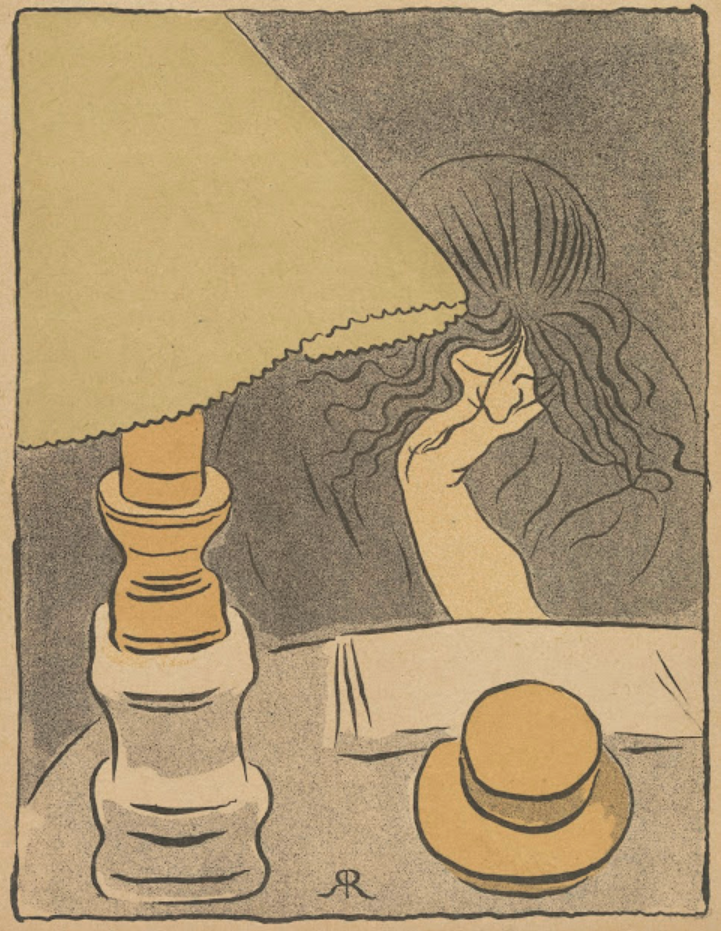When We Read and Write, We Argue
 József Rippl-Rónai, Woman Reading by Lamplight, 1894
József Rippl-Rónai, Woman Reading by Lamplight, 1894
by Joe Linker
When we read and write, we argue. We all argue from time to time, and we generally apply, from an opponent’s prompt or from our own desire to make ourselves clear, examples and proofs, persuasive tools, but as we ramble on, as is often our wont, making claim after claim, supporting or not, making assumptions left and right, some stated, others not, we shortly may find ourselves caught in a riptide of our own words.
As Samuel Beckett said, “You can’t listen to a conversation for five minutes without noting inherent chaos.” But we swim on, using what persuasive tools we find handy – tools described and explained nicely for us in Aristotle’s Rhetoric. It’s not only OK to argue; arguing is our responsibility.
In Aristotle’s view, argument is what makes us human; we engage in argument as a consequence of our living together, working together, playing together – reading and writing together. It follows, though it may sound paradoxical, that when we learn to read and write arguments effectively, we more effectively cooperate with one another, and we learn to live together in greater harmony. But not all arguments are equal. Some are specious, others obfuscated, sometimes deliberately so. Some, contrary to Aristotelian principle, persuade to do wrong. As Woody Guthrie said, “Some men will rob you with a six gun, others with a fountain pen.”
If arguing is good (and necessary), not all arguments are good (or necessary). But what’s necessary? And what’s good? The answers to those questions are what we work toward when we work on learning to read and to write arguments.
About the Author
Joe Linker blogs at The Coming of the Toads.
Publication Rights
Republished here under a Creative Commons Attribution-NonCommercial-NoDerivatives 4.0 International License.









